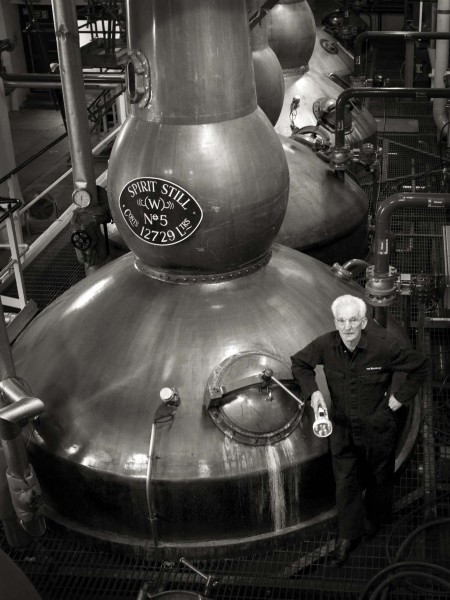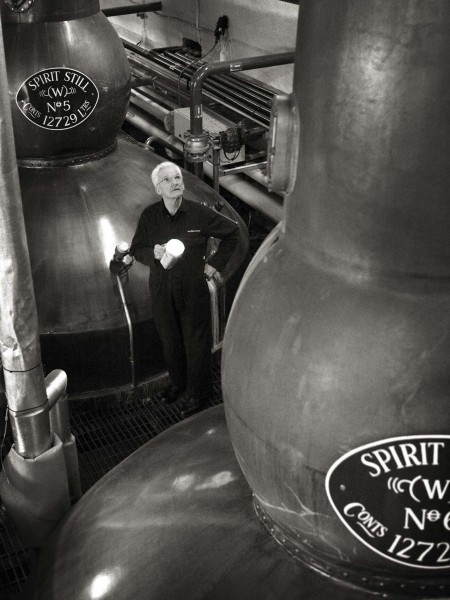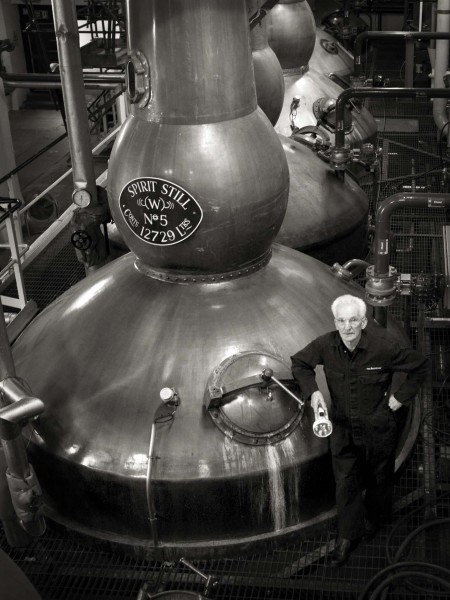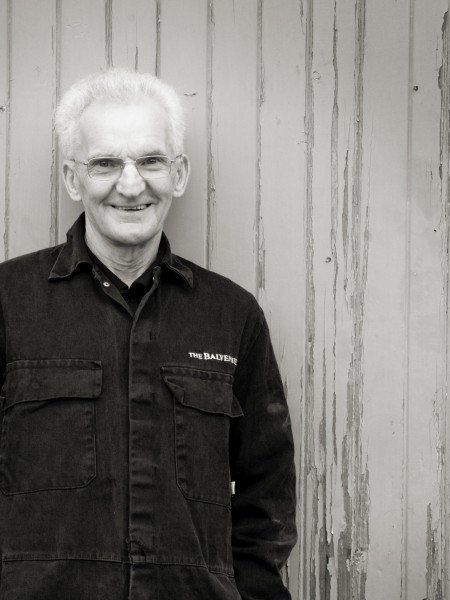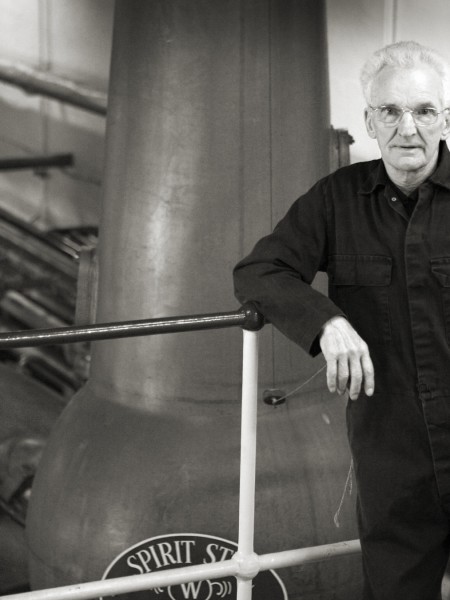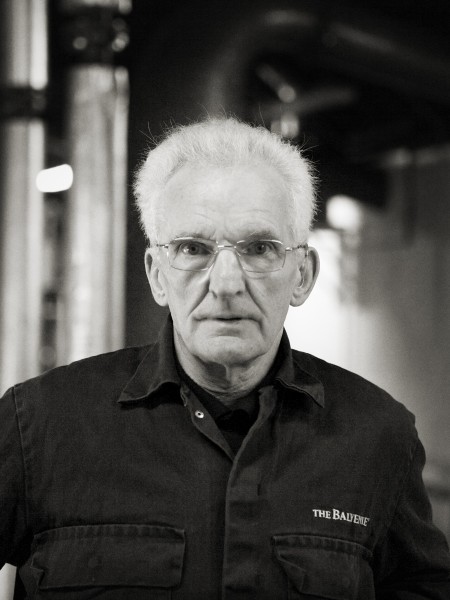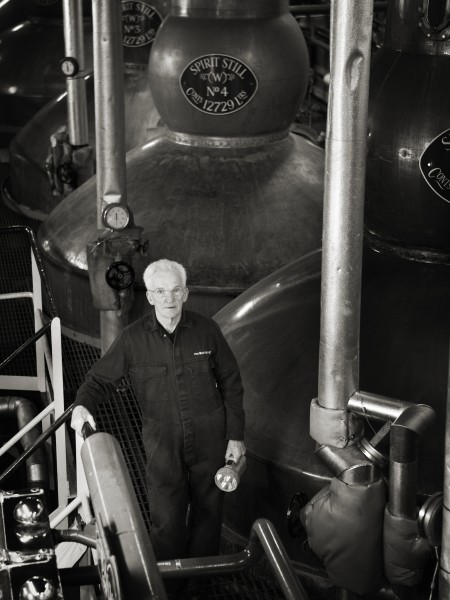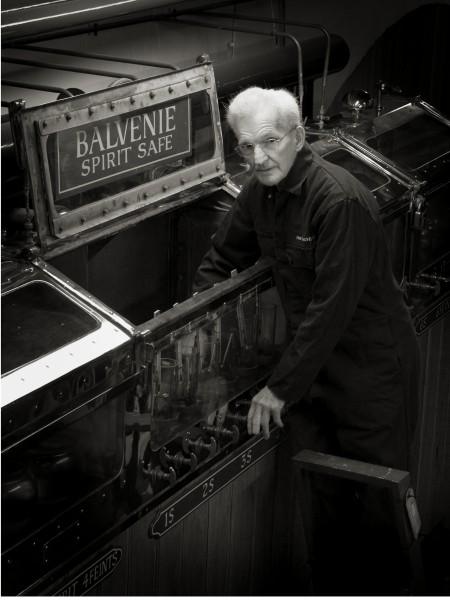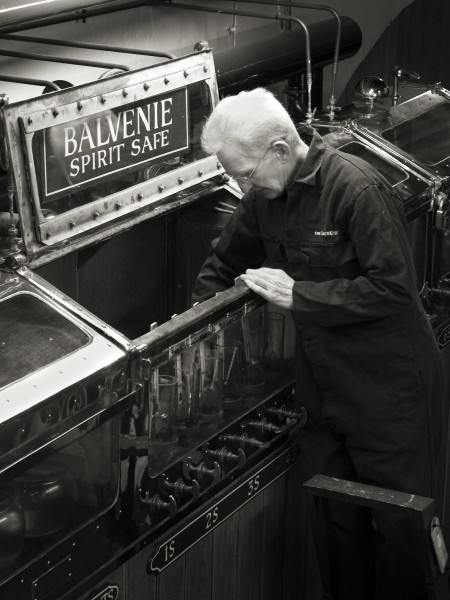Q. How did you learn your skill? How long did it take?
A. I was trained by the Glenfiddich distillery coppersmith and the apprenticeship lasted for six years. ( we were the only whisky distillery in the industry to have a resident Coppersmith).
Q. How important do you think your skill is for the region?
A. Very important for the whisky industry as the copper has to be replaced when worn out.
Q. What are the main differences between now and when you started?
A. The main difference is that we had to do most of the construction and installation by hand where they now have electric hoists and forklift trucks.
Q. How do you anticipate the future to be for your skill?
A. As it is still a very hard manual job it is difficult hold on to trained Coppersmiths as the lure of better money and an easier job in other types of companies can be an attraction.
Q. How important do you think it is to pass the skill on to the next generation?
A. Very important as without Coppersmiths to repair and replace the copper work the whisky industry would grind to a halt.
Q. How could that be achieved?
A. There should be a good incentive given by the government to companies willing to take on apprentices.
Q.. Do you think that society should feel obliged to find a way of preserving such skills?
A. Absolutely as they are part of the whisky story
Q. Does having a skill change the way you see the world?
A. Yes, as you can relate to the skills of people all over the world.
Q. What kind of rewards do you get from your skill, monetary and/or otherwise?
A. In my own case it was job satisfaction. You took a sense of pride seeing your work making whisky.
Q. How do you use the internet for your work?
A. We use it to use it for sourcing and ordering materials
Q. What, if anything, could be done to help to preserve your skills and support your profession.
A. Keep drinking whisky ( in moderation ) and there will always be a place for a Coppersmith.
